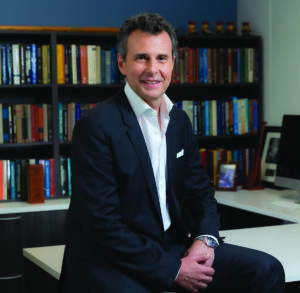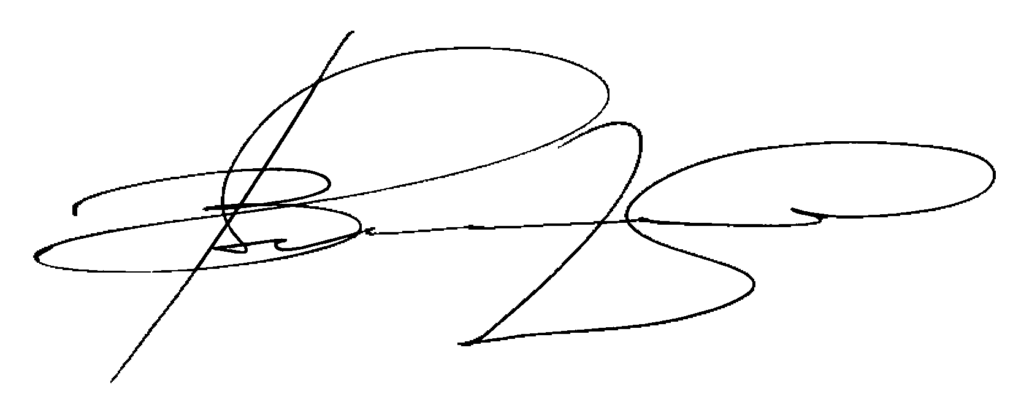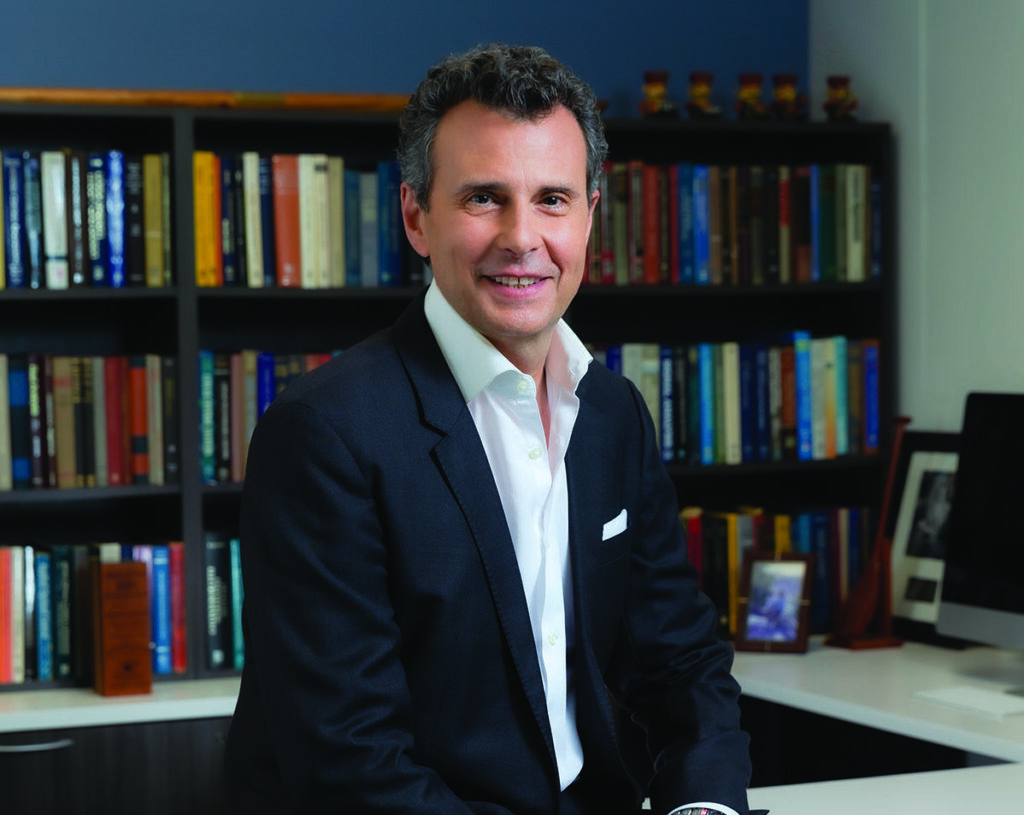For an island state like Hawai‘i, which imports about 90 percent of its supplies, food and energy security is paramount. But it wasn’t always this way, as the land and sea once provided an abundance of food for a pre-contact Native Hawaiian population that was estimated to be as high as one million inhabitants, as compared to the state’s current population of 1.4 million today.
Responding to threats on our food system from increased demand, unsustainable modern food production, world conflict, overdevelopment and environmental changes due to global warming, researchers at the University of Hawai‘i (UH) are viewing their research through a uniquely different lens. Equipped with a deeper understanding and a relationship with place, as practiced by Native Hawaiian kupuna (ancestors), our researchers are incorporating indigenous innovation and knowledge with contemporary science to develop sustainable solutions and healthy communities not only in Hawai‘i, but throughout the world.
As a part of this effort, the National Science Foundation (NSF) recently awarded UH a $1 million grant to establish the Climate-Resilient Food Innovation Network, a first-of-its-kind multidisciplinary, multi-organization hub that will serve Hawai‘i and the U.S.-Affiliated Pacific Islands. With the initial award, UH could be eligible in two years to receive an additional $160 million from NSF to continue this important initiative.
Unfortunately, the issue of being an island state does not end at food security. With a lack of indigenous fossil fuel resources, Hawai‘i must rely on costly imports of oil and gas to keep the state powered. Although renewable energy such as solar and wind are making significant headway, they still remain intermittent and unreliable. As such, UH researchers continue to investigate the viability of hydrogen as a clean, low cost and reliable energy alternative.
Hawai‘i’s geographic isolation also leads to health equity issues in medical care, especially for patients requiring advanced cancer treatments. For many residents, long trips to cancer centers on the U.S. mainland are beyond reach due to high costs and other significant factors. Our new director of the UH Cancer Center is looking to change that with more clinical trials, forging stronger ties with the major healthcare systems, improving cancer care and treatment among physicians through the development of an oncology fellowship program, and of course, putting an end to this horrible disease.

In the following pages, I urge you to take a look at our body of work captured in the pages of Noelo, and experience how our research and innovation makes the University of Hawai‘i — like no place else on Earth.

Vassilis L. Syrmos, PhD
Vice President for Research and Innovation
University of Hawai‘i System

